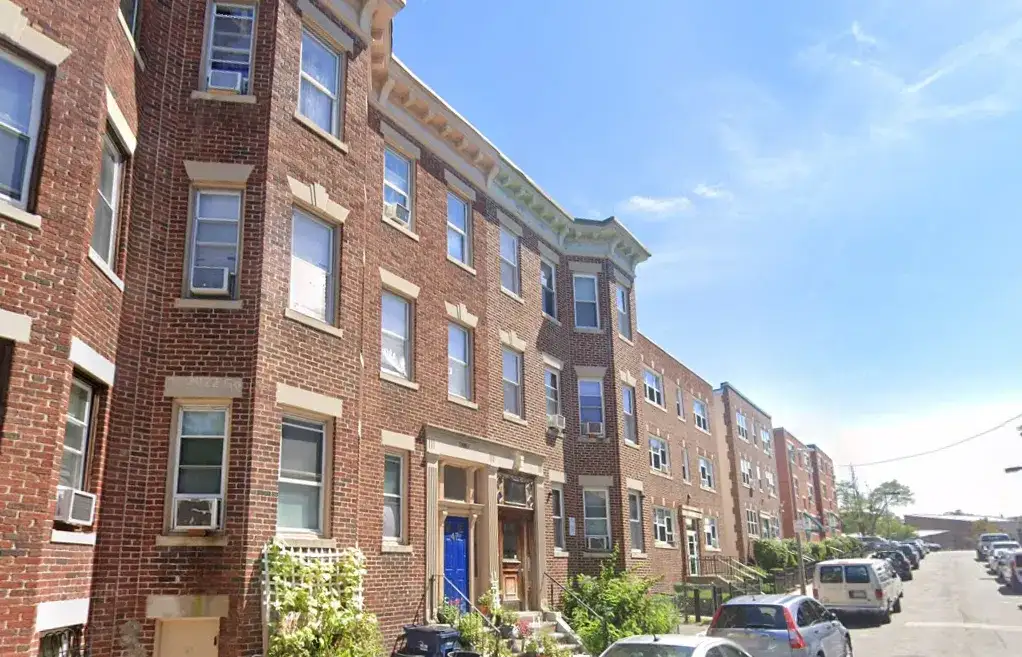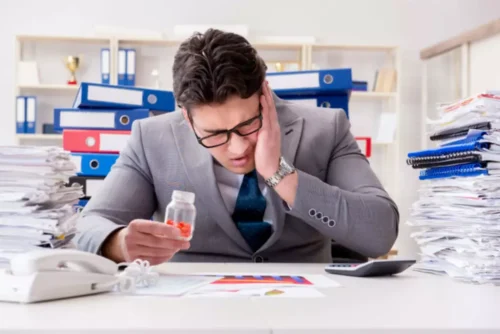
That is one reason people sometimes find that even though their addiction recovery is going well, their relationship recovery is lagging behind. Step 8 involves making a list of all the individuals we have harmed and being willing to make amends with them. This step requires honest self-reflection, accountability, and humility. Step 9 then involves making amends, including apologies, restitution, or repairing damaged trust. Before building a relationship after rehab, it’s important to know how to ensure that the relationship is healthy.
How to Rebuild Relationships in Recovery

It largely depends on family structure, coping mechanisms, and how everyone adapts to the substance abuse. Ultimately, your loved ones must be willing to reconnect and try to rebuild your relationship, which can be a vulnerable decision if they’ve been hurt in the past. There’s a chance that your loved one may not be open to it, depending on your history.
Building Healthy Relationships in Recovery
Navigating relationships while in recovery can be challenging, but you can rebuild trust and repair bonds. Be gentle with yourself, and make sure that you’re ready to leave a toxic or unhealthy relationship when necessary to replace it with beneficial ones that help you thrive and grow. If your goal is to rebuild an existing relationship, to move forward, you’ll need to recognize how you hurt the person when you were using drugs or alcohol. Rebuilding trust is challenging but possible with time and effort, often with professional help.
Balancing a Relationship and Personal Recovery Goals

Social support, accountability, and a sense of belonging can all contribute to an individual’s ability to maintain sobriety. By building connections with others who share your goals and values, you create a supportive network that can help you navigate the challenges of recovery and prevent relapse. https://ecosoberhouse.com/ Relationships are a necessary component of living one’s best life. They are needed to create deep bonds, for companionship, and to provide the needed emotional support needed to thrive post-rehab. Relationships are effective in helping people in recovery stay healthy and increase their wellbeing.
Support groups like 12-step programs are a great resource to meet new people, as are religious groups and community organizations. This isn’t easy, and it requires that you relationships in recovery take accountability and look at the things you did that you aren’t proud of. If you try to avoid these situations, you’re not going to rebuild from a place of honesty.

Unhealthy relationships can begin to take a toll one’s life, whether they struggle with addiction or live a life of sobriety. If unhealthy relationships are causing you distress and to abuse harmful substances, contact a treatment provider today to discover your rehab options. Treatment providers are available to speak to you about rehab options. In any close relationship, people share important aspects of their life experience and who they are. But, how do you know when to let others know that you’re in recovery from addiction? Many people have a lot of uncertainty about disclosing their status as a person in recovery in new relationships.
The Importance of Healthy Relationships After Rehab
- It’s important to remember that recovery is a process that requires patience, understanding, and mutual support.
- I know you can do it because you are here reading these words, trying to improve yourself.
- Empathy helps us better relate to our loved ones because it allows us to step into their shoes emotionally, creating a deeper bond during the healing process.
- Studies have shown that strong connections in recovery can help reduce the risk of relapse.


